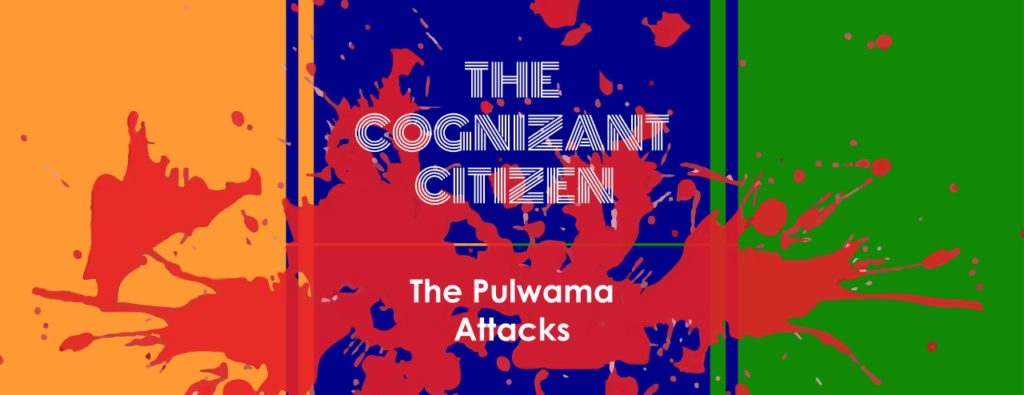
On the fourteenth of February 2019, a cowardly suicide attack on a convoy of vehicles carrying Central Reserve Police Forces(CRPF) personnel in the Pulwama district of Jammu and Kashmir shocked citizens in every corner of the country. Hours later, Pakistan based Jaish-e-Mohammed(JeM) claimed responsibility.
The carnage claimed the lives of 46 CRPF personnel and of the militant Adil Ahmad Dar.
Jaish-e-Mohammed
The Jaish-e-Mohammed(JeM) is a terrorist organisation and is listed in the UN Security Council Sanctions List. What does being listed in the UNSC Sanctions List entail? Being listed in the sanctions list imposes targeted sanctions on the group’s assets—including an asset freeze, travel ban, and an arms embargo. This is very similar to UNSC resolution 1267(1999), where the committee designated Osama bin Laden and his associates as terrorists and established a sanctions regime over the associates of Al-Qaeda.
JeM is led by Pakistan-based Masood Azhar, who from time immemorial has enjoyed support from the Pakistani Government. Ironically, Masood Azhar is not an International Terrorist despite being the head of a nefarious terror outfit. India has time and again tried to get Masood Azhar added to the UNSC sanctions list but China has vehemently opposed having the mastermind behind the 2001 Parliament Attacks listed.
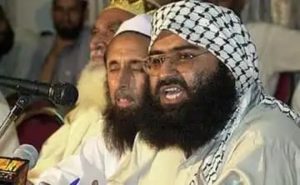
Following the dastardly JeM-orchestrated attacks on our CRPF troops in Pulwama, the international community condemned Pakistan for harbouring and providing a safe haven for non-state actors. In India, there was widespread anguish and people banded together in solidarity for the martyred.
Several countries condemned the attacks in the ‘strongest possible terms’ and this was seen when the UNSC issued a press release holding the Masood Azhar-led JeM fully responsible. This was the first time that even China didn’t exercise its veto powers on the matter, having previously blocked India’s move in the aftermath of the 2016 Uri and 2017 Pathankot attacks.
Financial Action Task Force
The Financial Action Task Force(FATF) established in 1989 castigated Pakistan for what was yet another terror attack planned and executed from within its soil. The FATF is tasked with setting international rules to combat money laundering, terror financing, and any other threats to the international financial system.
Following the Pulwama attacks, India tried to have Pakistan added to the FATF’s ‘black-list’. When a country is blacklisted by the FATF it means that the nation is ‘not co-operative’ in the global fight against money laundering and terror financing. For Islamabad and Imran Khan’s Government, being on the black-list makes it significantly harder for the nation to use international markets, shakes foreign investor sentiment, and will make it nearly impossible to run an already debt-burdened country.
Although India and several other nations made a strong push to have Pakistan moved to the FATF ‘black-list’, support from ever-green allies like Saudi Arabia and the People’s Republic of China has given Islamabad some extra time to respond.
Domestic impact
Vocal outrage was ubiquitous across various media platforms after the Pulwama attacks. On news channels, this outrage translated into provoking debates, and on Twitter, it came in the form of war-mongering tweets. A sense of restlessness engulfed the nation for more than a week.
Post the airstrikes, the country seems to have escaped this state of vulnerability. Wing Commander Abhinandan’s return to India—be it a ‘gesture of peace’ or a by-product of international pressure—has somewhat helped relieve tensions between the two sides. A full-scale conflict, which neither of the countries could have afforded anyway, is now out of the question.
The Attack’s Impact on Politics
Many opposition leaders came forward to accuse BJP of politicizing the airstrikes. This was after the BJP’s Karnataka Chief, BS Yeddyurappa’s went on record saying that the airstrikes would win the BJP twenty-two seats in the upcoming Lok Sabha elections.
Soon after, reports emerged about the strikes not being as effective as the government had made them seem. While the credibility of these reports, which were based on speculation alone, can be questioned, the government has abstained from releasing any details until now.
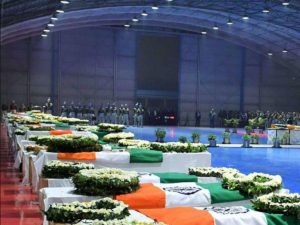
Congress leaders like Kapil Sibal and Digvijaya Singh demanded that the evidence of the air-strikes be made public. Responding to them, BJP President, Amit Shah, claimed that over two hundred and fifty terrorists were killed in the attack. He condemned the opposition’s words and labelled them anti-national for doubting the forces.
While multiple cities remain on a high alert, all eyes that matter seem to be stuck on Lok Sabha seats.
Ultimately, it’s difficult to form an opinion and stand by it because we, as civilians, simply don’t know any more or any less than what the government and the media—with their own vested interests—choose to tell us. However, one thing we can all be absolutely certain about is the fact that none of us are ready to face the ramifications that a war between two nuclear-armed countries will bring—not just to India and Pakistan, but to the entire human race.
— Written by Alankriti Singh, Chintan Gandhi, Rahul Alvares, and Natasha Kumar for MTTN
— Artwork by Mayank Kashyap
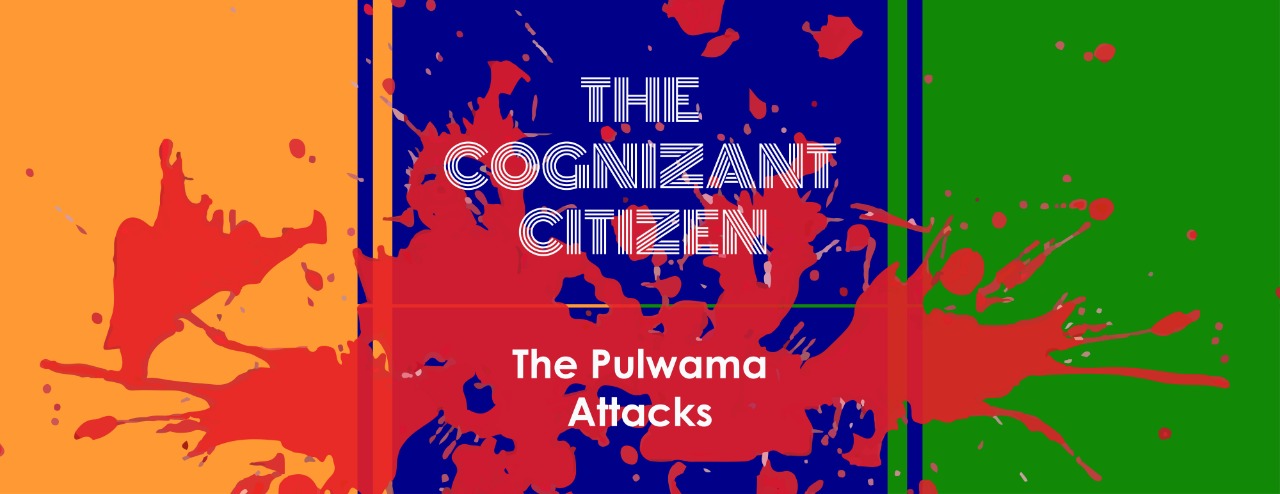
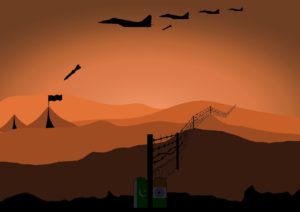
Leave a Reply
You must be logged in to post a comment.